
in Data Science
Analyzing the evolution of music
Predicting the future of music
Analyzing the evolution of music
Predicting the future of music
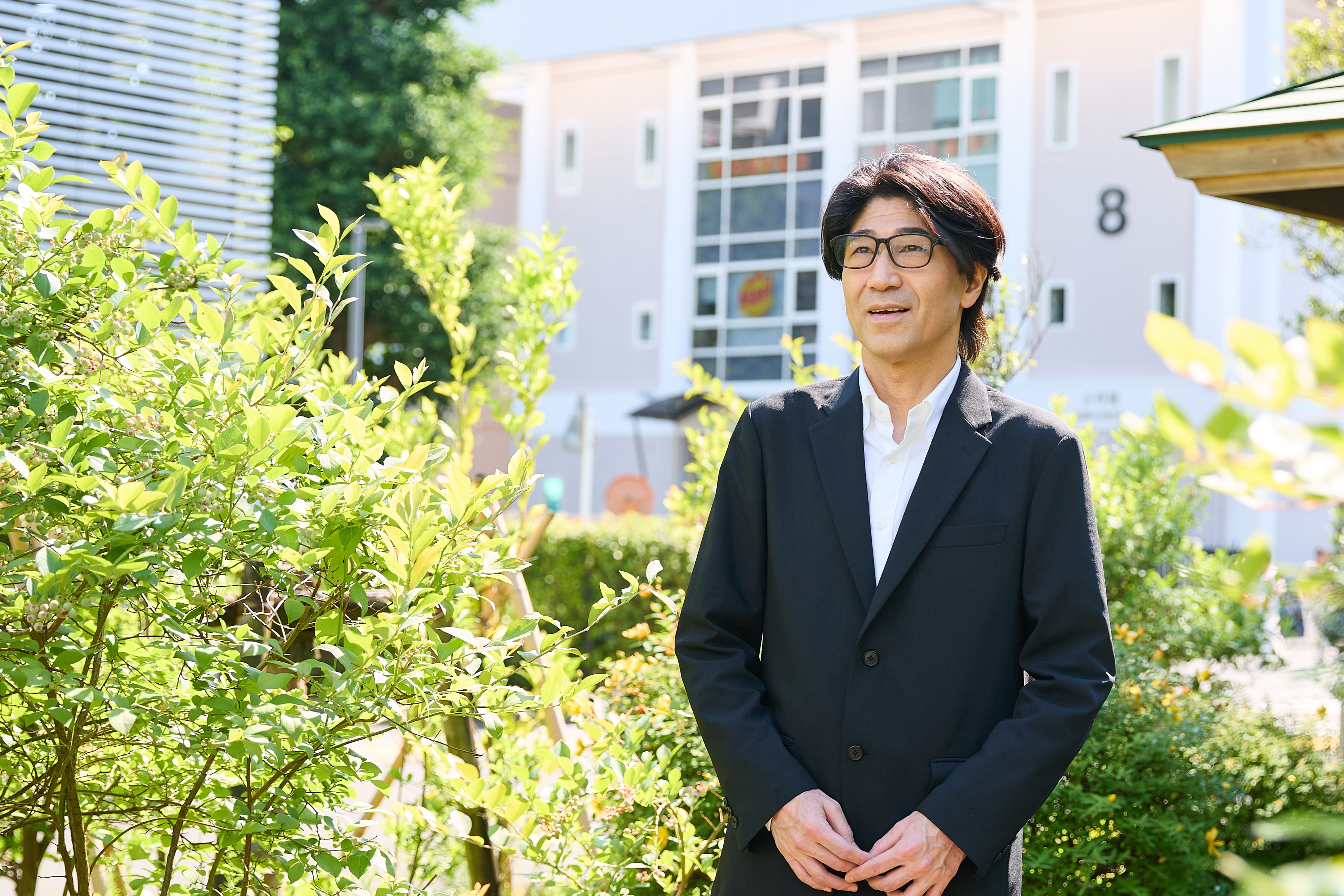
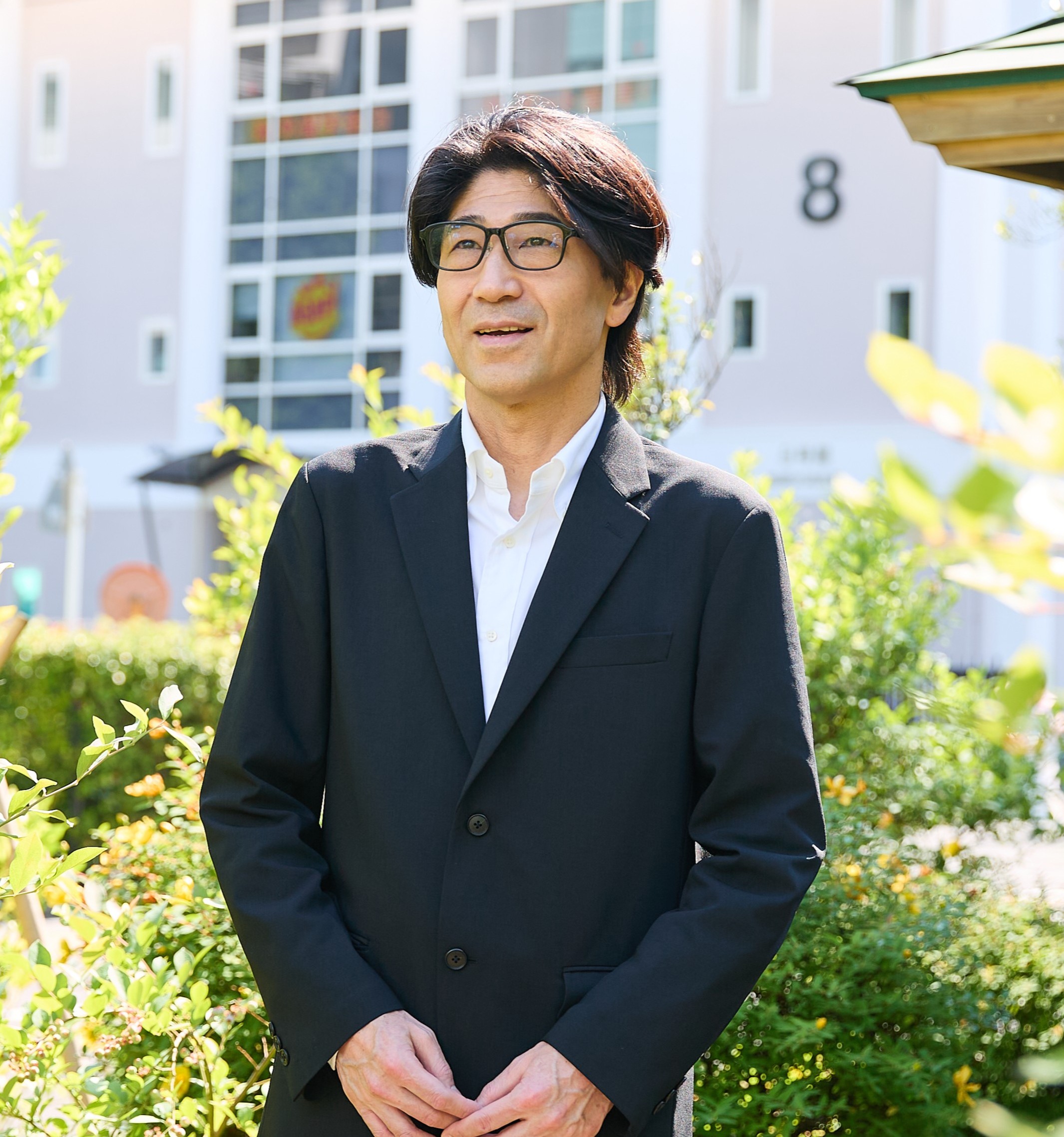
#Asia University research
HORI Gen Professor
Faculty of Business Administration Department of Data Science
2025.08.01
In our series "If it's not interesting, it's not science!", we introduce research content and anecdotes of Asia University faculty members. The 15th installment features Professor HORI Gen Department of Data Science Faculty of Business Administration.
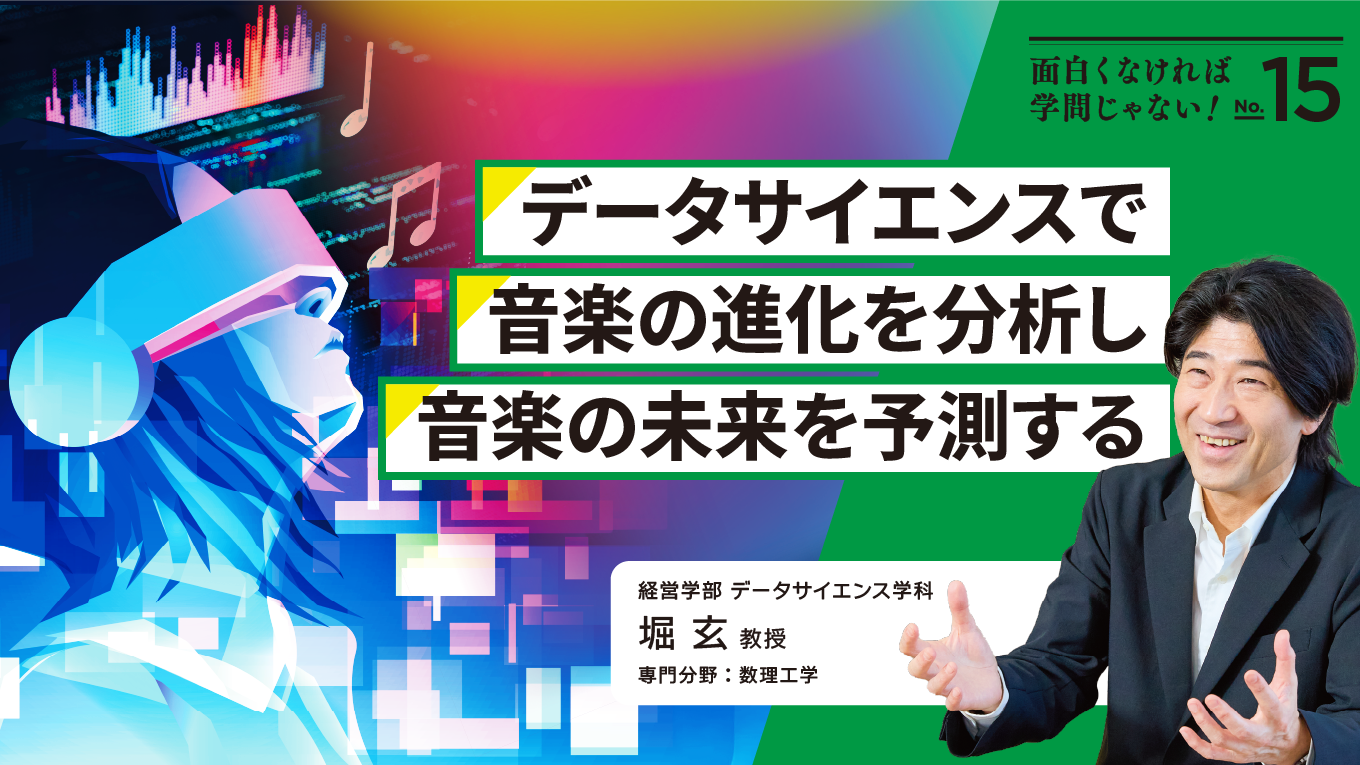
Learn from the research who laid the foundations of modern AI
His hobby of music eventually led to the development of an automatic verb system.
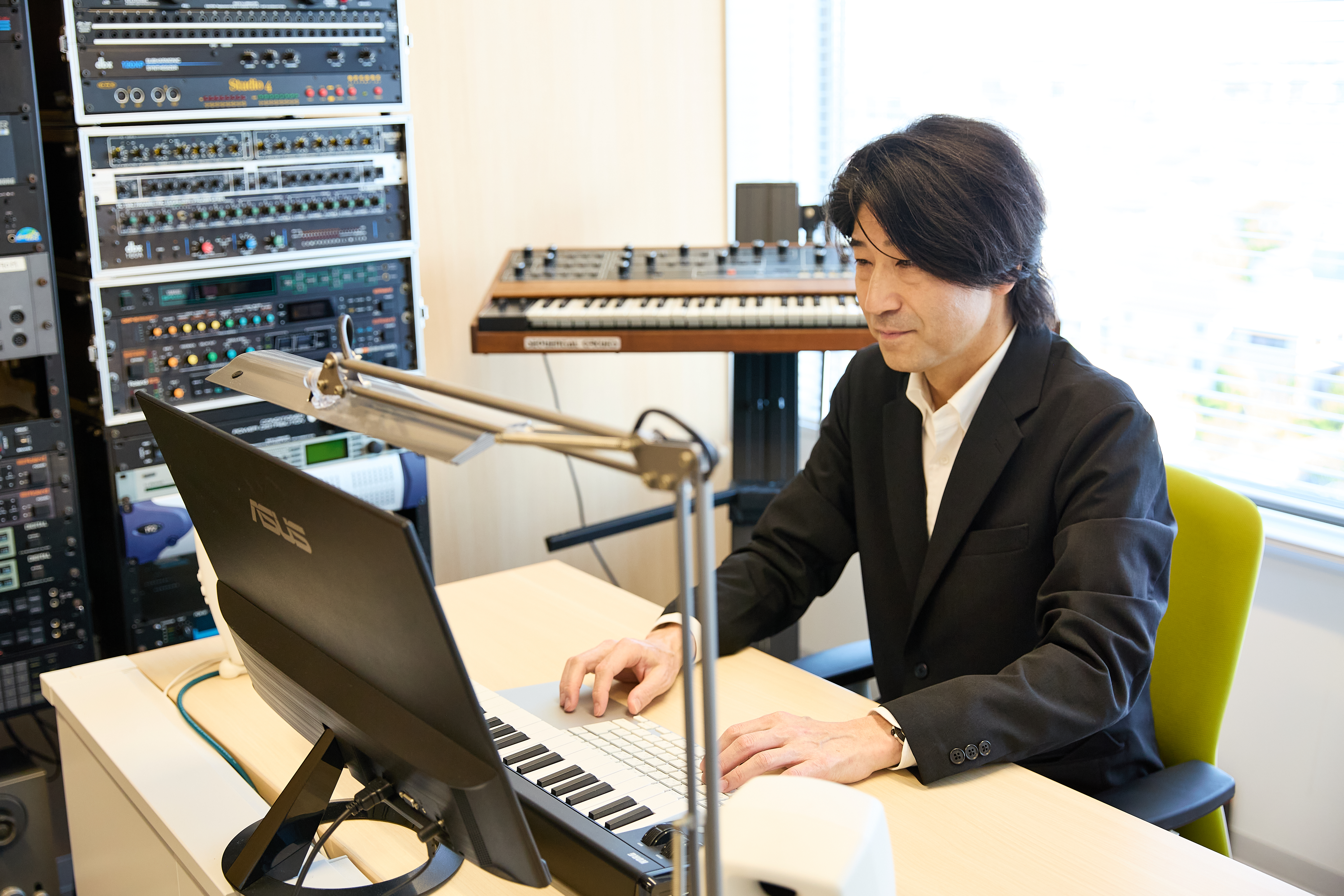
Why did I, a research expert in mathematical engineering and brain science, choose "music" as a research subject? First of all, mathematical engineering and data science are fields in which all things in the world are subject to analysis research. Naturally, "music" is one of those objects. Another reason is that I myself have been a music fanatic since I was a teenager, playing in bands and listening to computer music. When I was in the upper grades of elementary school, I was struck by the music of YMO (Yellow Magic Orchestra), which made full use of synthesizers and computers, and I started playing in a band in junior high school. During his college years, he not only played in a band, but also worked on computer music production, admiring Ryuichi Sakamoto of YMO. Furthermore, as a Graduate School student, his hobby grew and he began to take on arranger jobs at record companies. I remember how busy I was back then, shuttling back and forth between the university (Research Office) and the record company's studio, and not even having time to sleep. Still, at the time, "research" and "music" were two separate things. The two came together a few years after I joined the faculty of Asia University, when I met Prof. Shigeki Sagayama (Professor Emeritus, University of Tokyo), the developer of the automatic composition system "Orpheus", at a certain conference. Dr. Sagayama wanted Orpheus to have not only an automatic composition function but also an automatic lyric writing function, and he asked me to research What is needed to realize automatic lyric writing is so-called "natural language processing (NLP)," a technology that enables computers to understand and communicate with human language. Asia University The automatic lyric writing system should be possible using this technology, which was also taught to students at ....... The automated lyric writing system for J-Pop that we managed to bring to the world became a hot topic, and just before the Kohaku Uta Gassen in 2015, I was invited to appear in a special NHK program together with Dr. Sagayama. The program gave us the task of predicting the trending words of songs that would be popular in the 2020s, and using the then cutting-edge word2vec method, we came up with three words: "we," "place," and "everything. In fact, I myself had forgotten about that prediction for some time. Recently, a student who watched a video of the program asked me, "Were your predictions correct?" I looked again and found that "we" and "all" were among the top words used by King Gnu, Yonezu Genji, and others, which made me feel a bit relieved (laugh).
Analyzing the evolution and future of human-made music with data science
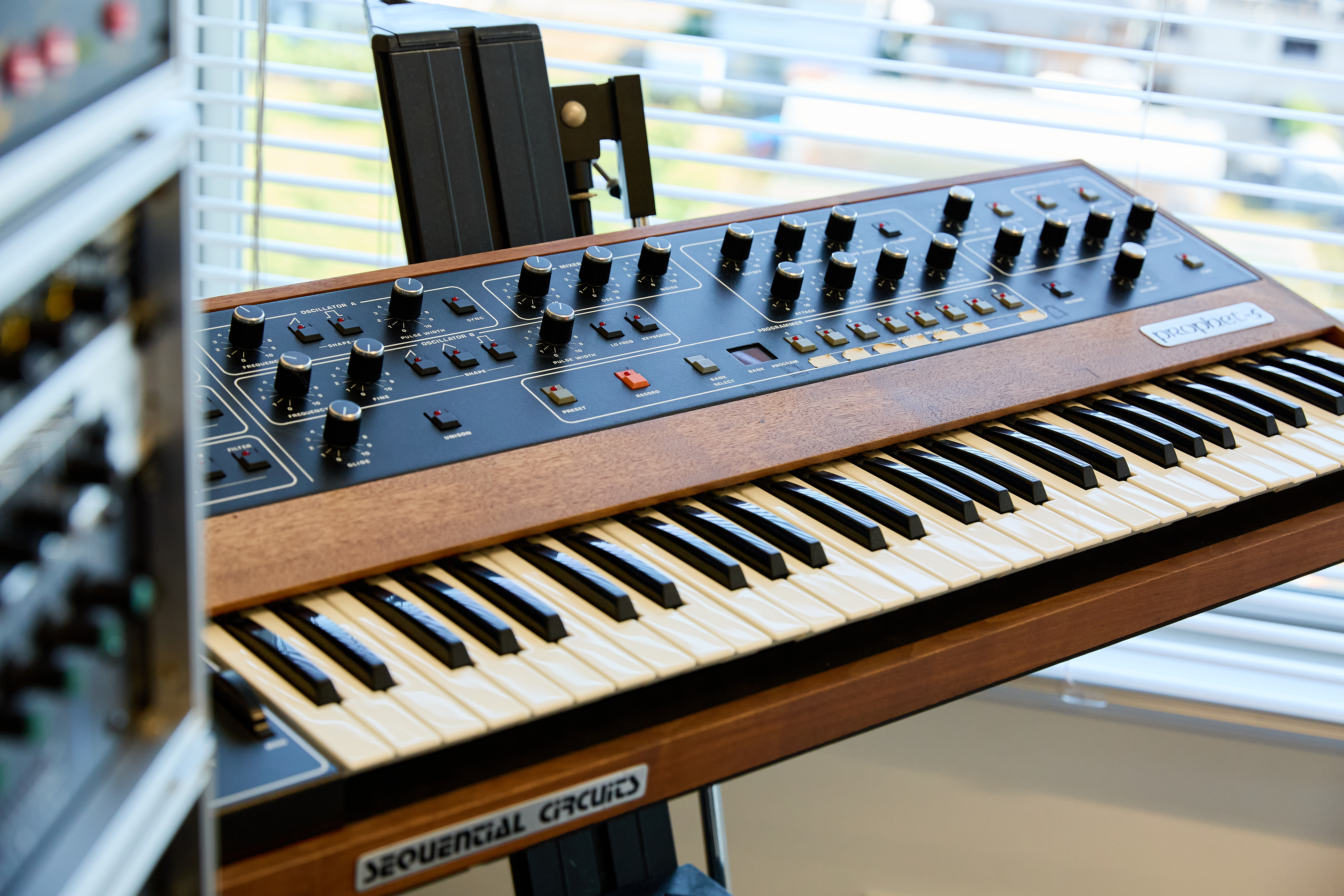
In the 10 years since developing the "Orpheus" automatic lyric system, AI has made great strides. In 2022, I was involved in a Hakuhodo project, utilizing a newly developed automatic lyric system to create "Hind Songs" (frequency songs) using AI, reflecting frequently occurring words in hit songs from each decade. However, generative AI such as ChatGPT now makes it possible for anyone to achieve similar results. Therefore, together with my colleague, Professor Tojo of Asia University, I am currently engaged in ambitious research using data science to predict the evolution and future of music. Over the past few hundred years, music has evolved and diversified in complex ways, branching out from classical music to jazz, pop music, rock, electronic music, rap, and hip-hop. We are analyzing this complex process using mathematical engineering and data science. We hope to map out the "future of music" by focusing not only on music creators but also on changes in the recipients, such as listeners and fans, to determine what music will be popular in the future. According to Professor Tojo, the turning point from classical music, which was aimed at the privileged classes, to jazz and popular music, was the French composer Claude Debussy, known for "Clair de Lune." In the future, Miles Davis, Chuck Berry, and the Beatles may also be considered major turning points. This research was selected for the Grants-in-Aid for Scientific research (KAKENHI), which supports original and pioneering research. I would be extremely happy if the results of this research could be of even a small help in strengthening Japan's soft power overseas.
What do you want to do with data science?
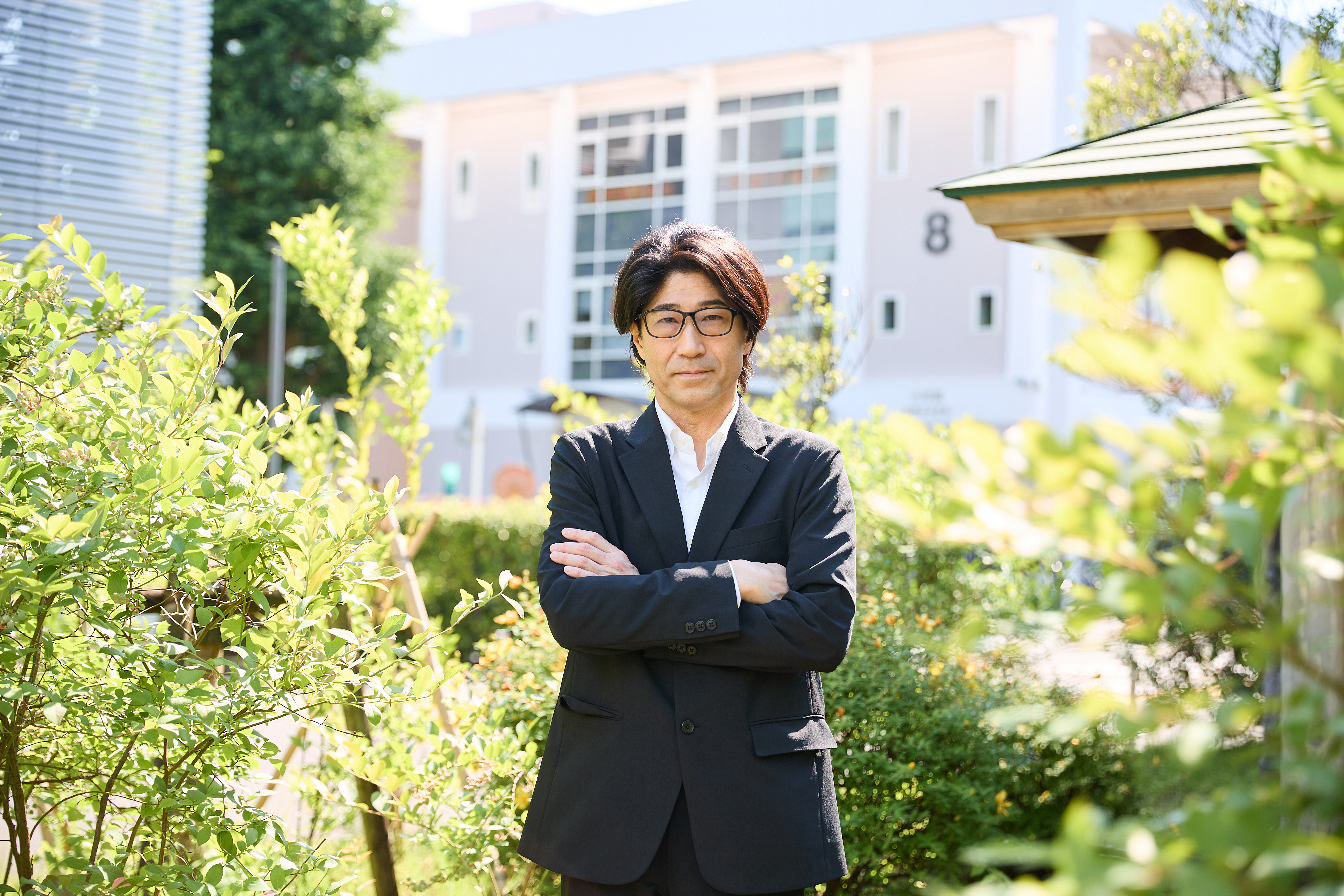
In Department of Data Science, I teach the fundamentals of data science using Python, a programming language also used in AI development. I also teach many classes that allow students to experience the joy of actually creating using music and video production software. Mathematical engineering and data science analyze not only language and music, but also all kinds of things in the world, including medicine, sports, and art. Data science and AI are merely tools, and the motivation for research comes from using them to determine what they want to create, analyze, and predict. In my Research Office, I prioritize students' curiosity and interests, encouraging them to pursue research themes that they find challenging. However, many Junior students in their first year in Research Office are still unsure of their "what." I support these students and encourage them to spend a year working with their Research Office colleagues to find a research topic. Using mathematical engineering and data science techniques and with a clear research objective, I believe my seminar offers the potential for some very unique research. Some students aim to start businesses in the data science field, and some graduates of Department of Data Science Data Science Minor, have actually started companies and are now active around the world. We welcome anyone who wants to do something or analyze data science. Of course, music lovers are also welcome. I would love to hear from you about the music and trends that the current younger generation likes.
Related Links
- Faculty of Business Administration TOP
- Department Department of Data Science Faculty of Business Administration
- Four years of study Department of Data Science Faculty of Business Administration
- Faculty Faculty of Business Administration Department of Data Science Introduction
- Faculty Faculty of Business Administration Department of Data Science
- Faculty Faculty of Business Administration Department of Data Science